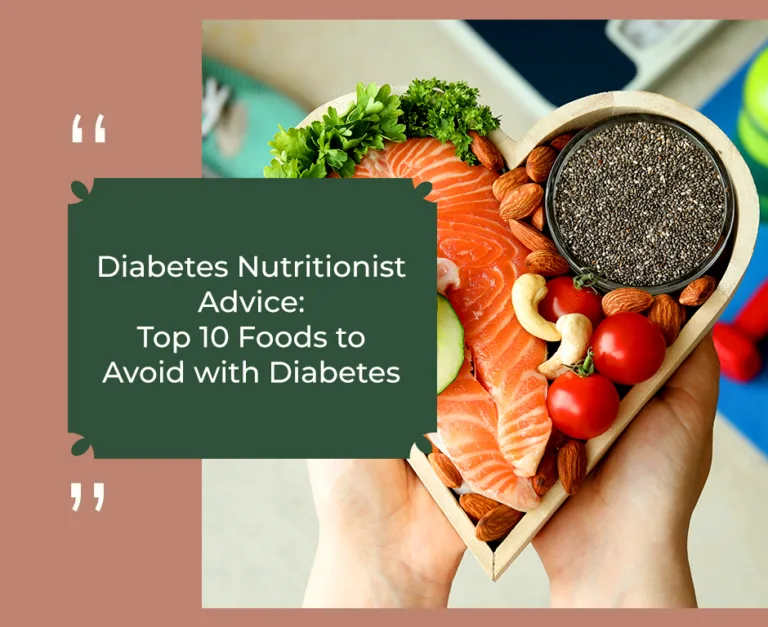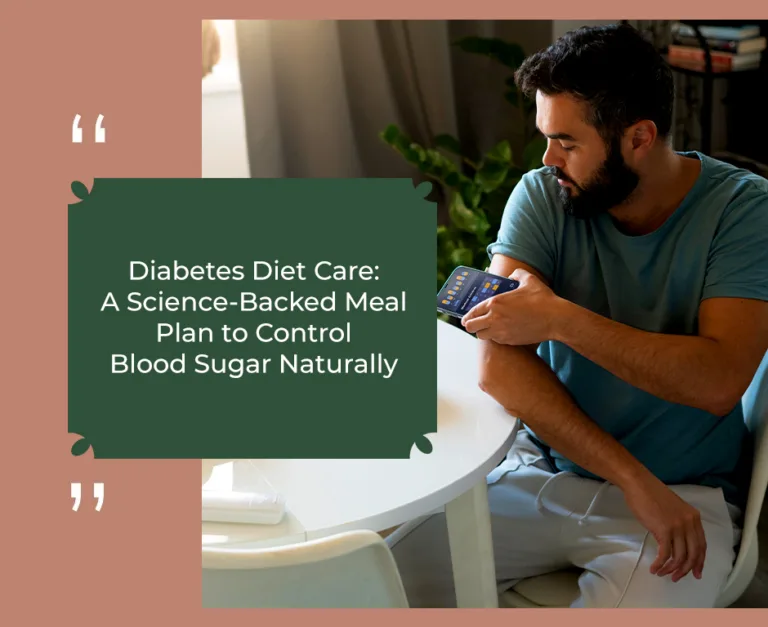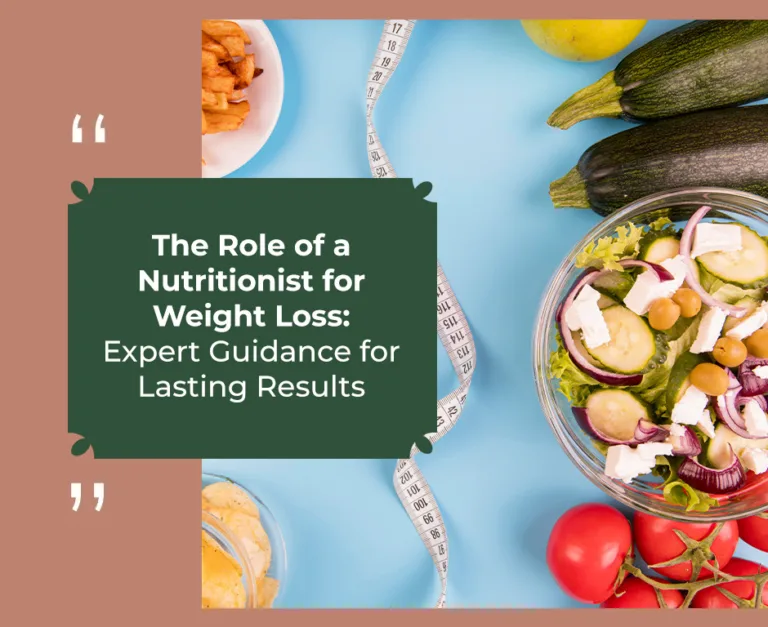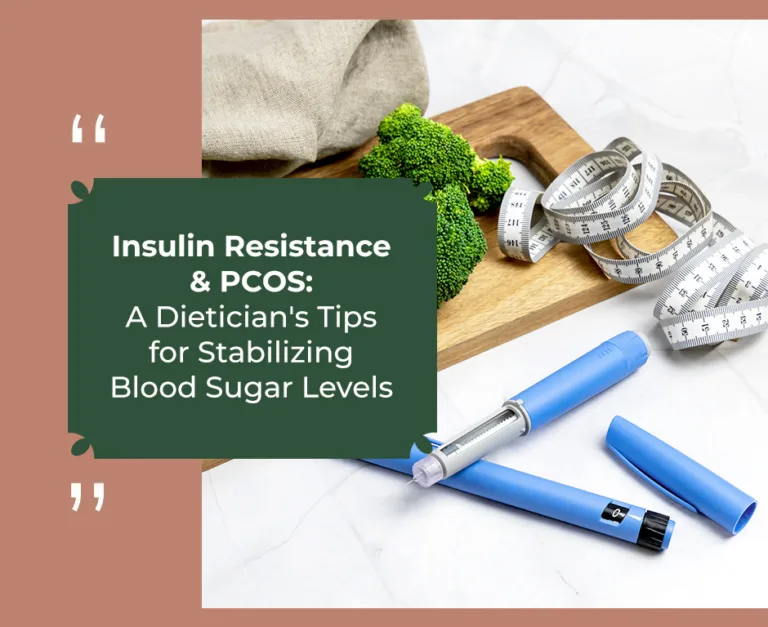Diabetes is a complex medical condition. A wide range of factors can cause diabetes. If it were to be explained in simpler terms, diabetes occurs when an individual’s blood sugar levels are too high as the body doesn’t react to insulin efficiently. Managing it might be an uphill battle initially, but it can be done with the proper guidance of medical practitioners like diabetes nutritionists.
Symptoms of diabetes include fatigue, unexplained weight changes, increased thirst, etc.
With no permanent cure, diabetes can only be managed with medications and lifestyle changes. One such change can be made with a sustainable meal plan for diabetic weight loss. As some foods can worsen your symptoms it is important to monitor your diet to manage diabetes effectively. To make it easier, let’s go through the top 10 foods a diabetic individual should avoid.
Foods to avoid to manage diabetes better
1. Fried foods: Foods like french fries, chips, and fritters are extremely high in calories and carbs content. They carry an increased risk of insulin resistance and raise cholesterol levels. Air frying instead of deep frying can reduce this risk.
2. Sugary beverages: Sugary beverages like sodas, packaged juices, and energy drinks have a lot of refined sugar and artificial sweeteners. They offer little to no nutritional benefits. Instead, opt for water, and herbal teas and use sweeteners like stevia to sweeten your drinks.
3. White carbs: White bread, pasta and rice are usually stripped of all essential nutrients. As they have little fibre content they get broken down easily. This causes sugar levels to spike. Replace them with white whole-grain food options like brown rice, whole-grain pasta, etc.
4. Sweet baked foods: Cakes, doughnuts, cookies and candies are packed with simple carbs and calories. They are low in protein and fibre causing rapid blood sugar spikes. A healthier choice would be to snack on sweet fruits in moderation. Another option is to make desserts using whole grains and natural sweeteners.
5. Dried fruits: Dried fruits are often not just dried versions of fruit. They are heavily sweetened to make them more palpable. You should instead eat fresh fruits. Do remember, fruits are a great snack but do not treat it as a meal as some fruits have high sugar content.
6. Higher fat cut & processed meat: Research has suggested that meats like ham, bacon, pork ribs and briskets are associated with increased risk of cardiovascular diseases and diabetes. It is best to opt for lean meats like chicken breast, salmon, tuna, and ground pork.
7. Coffee creamers: Coffee creamers have high sugar content which can be broken down easily. This leads to elevated blood sugar levels. To avoid these, opt for sugar-free and low-fat alternatives like oat milk, coconut cream, etc
8. Sweetened breakfast cereals: As with many other foods on this list, sweetened breakfast cereals are high in sugar and carbs. It is an extremely unhealthy way to start your day. They can make weight management difficult. You should choose high-fibre, whole-grain options to support your health goals.
9. Flavoured foods: Flavoured food is easily accessible and often feels healthy as they have a fruit or vegetable-like taste. However, this could not be further from the truth. Refined sugar, artificial flavouring agents, and other harmful ingredients are used making them unhealthy choices.
10. Full-fat dairy: Full-fat dairy products like ice creams, cream cheese, and whole milk have high saturated fat content. This can increase the risk of heart conditions. Opt for low-GI dairy products like yoghurt, curd, cottage cheese, skim milk, etc.
Don’t be afraid, you can still enjoy your meals!
This list may sound scary but you don’t have to cut down everything completely. Occasional mindful indulgences while eating mostly healthy are alright, especially if you are checking in with a diabetes nutritionist regularly. Opting for low-GI food, eating more protein, fibre, and whole-grain foods, and hydrating adequately can be some dietary changes you can make to increase the effectiveness of your meal plan for diabetic weight loss.
It is best to consult a diabetes nutritionist to make a meal plan for diabetic weight loss. You can have the best road map to your goals with their knowledge and guidance. Begin the change today by booking a consultation with us!


























